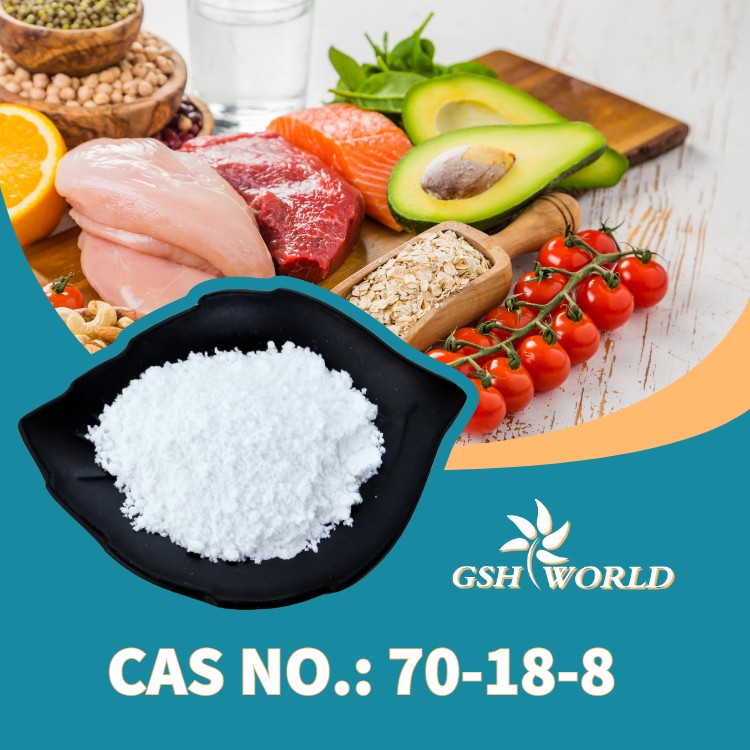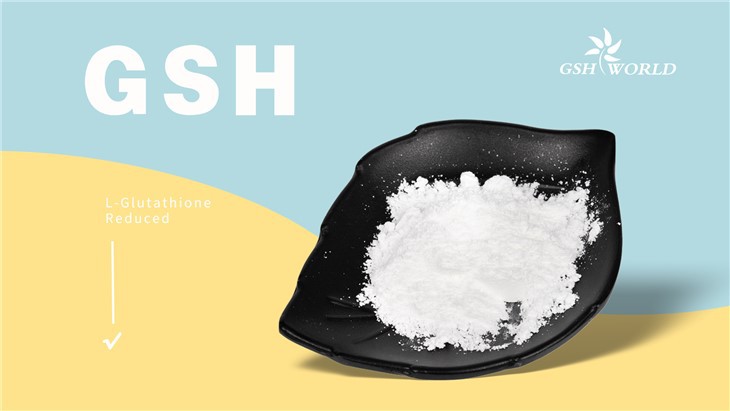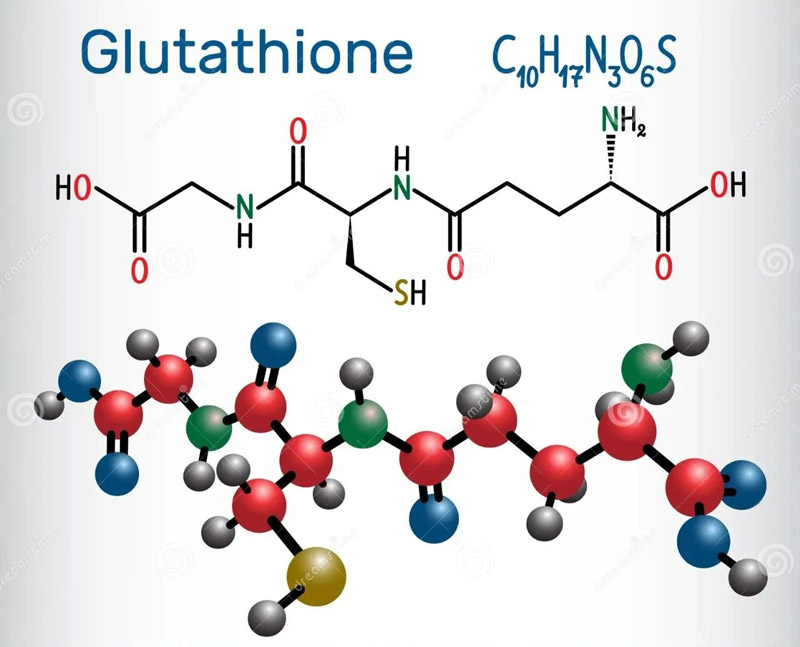Glutathione Introduction
- What is glutathione and how is it produced in the body?
- What are the main benefits of gsh for health and wellness?
- How can GSH levels be increased naturally or through supplementation?
- What Is GSH and Why Is It Important for Your Body? A Guide to Enhance Its Levels and Effects
- Glutathione: The Master Antioxidant for Your Body and How to Increase It Naturally
- How to Boost Your Body’s GSH Levels and Enjoy Its Health Benefits
- Why Glutathione Matters: A Complete Overview of Its Functions and Sources
- GSH: How This Molecule Can Protect You from Oxidative Stress, Inflammation, and Aging
- The Benefits of Glutathione: What You Need to Know About the Master Antioxidant
- How Glutathione Can Boost Your Health and Longevity: A Comprehensive Guide
Glutathione: The Master Antioxidant for Your Health and Wellness
GSH a molecule that has called the “master antioxidant” because of its vital role in protecting the body from oxidative stress, inflammation, and disease. Glutathione found in every cell of the body, where it neutralizes free radicals, enhances immune function, detoxifies harmful substances, and regulates cellular processes. GSH also helps to recycle other antioxidants, such as vitamin C and E, and maintains optimal levels of these nutrients in the body.
GSH levels in the body can decline due to various factors, such as aging, poor diet, environmental toxins, stress, infection, and chronic diseases. Low glutathione levels can impair the body’s ability to fight off infections, prevent cellular damage, and slow down the aging process. Therefore, it is important to maintain adequate glutathione levels for optimal health and wellness.
In this article, we will explore what GSH and how it produced in the body, what are the main benefits of GSH for health and wellness, and how glutathione benefits levels can increased naturally or through supplementation.

What is glutathione and how is it produced in the body?
GSH a tripeptide, which means that it composed of three amino acids: glutamine, glycine, and cysteine. These amino acids are the building blocks of proteins and are essential for many biological functions. GSH synthesized in the liver from these amino acids, as well as from other dietary sources, such as fruits, vegetables, meat, eggs, dairy products, and legumes.
GSH exists in two forms in the body: reduced (GSH) and oxidized (GSSG). Reduced GSH the active form that has antioxidant properties and participates in various biochemical reactions. Oxidized glutathione is the inactive form that results from donating electrons to free radicals or other oxidizing agents. The ratio of reduced to oxidized glutathione reflects the redox status of the cell and indicates the level of oxidative stress.
The body has a system to recycle oxidized GSH back to reduced glutathione using enzymes called glutathione reductase and GSH peroxidase. This system ensures that there is a constant supply of reduced glutathione available for cellular protection. However, this system can overwhelmed by excessive oxidative stress or impaired by genetic or environmental factors. In such cases, GSH levels can drop below the optimal range and compromise the body’s defense mechanisms.
What are the main benefits of glutathione for health and wellness?
GSH has multiple benefits for health and wellness, as it plays a key role in various physiological processes.
Some of the main benefits of glutathione are:
Antioxidant activity:
GSH one of the most powerful antioxidants in the body, as it can directly scavenge free radicals and reactive oxygen species (ROS) that can cause cellular damage and inflammation. Glutathione also helps to regenerate other antioxidants, such as vitamin C and E, by donating electrons to them. By doing so, GSH enhances the antioxidant capacity of the body and protects it from oxidative stress-related diseases.

Immune function:
GSH essential for the proper functioning of the immune system, as it modulates the activity of immune cells, such as T cells, B cells, natural killer cells, macrophages, and dendritic cells. Glutathione also supports the production of cytokines, which are signaling molecules that regulate inflammation and immunity.
Glutathione can also enhance the resistance to viral and bacterial infections by inhibiting viral replication and bacterial growth.
Detoxification:
GSH involved in the detoxification of various toxins, drugs, metals, pollutants, and carcinogens that enter the body through food, water, air, or skin3. Glutathione binds to these substances and makes them more soluble and less harmful so that they can excreted through urine or bile. GSH also helps to transport mercury out of the brain and prevent its accumulation.
Cellular metabolism:
Glutathione participates in many metabolic pathways that are essential for energy production, DNA synthesis, protein synthesis, and cell growth. GSH also regulates the activity of enzymes that involved in these processes, such as glucose-6-phosphate dehydrogenase, glutathione S-transferase, and GSH peroxidase. GSH also modulates the expression of genes that are related to metabolism, such as those involved in the antioxidant response, the inflammatory response, and the apoptotic response.
Aging and longevity:
Glutathione has anti-aging effects, as it protects the cells from oxidative damage, inflammation, and senescence. GSH also prevents the accumulation of age-related biomarkers, such as lipofuscin, advanced glycation end products (AGEs), and telomere shortening. G S H also enhances the activity of sirtuins, which are enzymes that regulate cellular lifespan and healthspan. GSH may also extend lifespan by activating the Nrf2 pathway, which is a transcription factor that regulates the expression of antioxidant genes.
How can glutathione levels be increased naturally or through supplementation?
GSH levels in the body can increased by various natural or artificial means, such as:
Diet: Consuming foods that are rich in glutathione or its precursors can boost glutathione levels in the body. Some of these foods are cruciferous vegetables (such as broccoli, cauliflower, cabbage, kale, and Brussels sprouts),
garlic, onion, avocado, asparagus, spinach, tomatoes, berries, citrus fruits, nuts, seeds, eggs, dairy products, and meat.
These foods contain GSH itself or compounds that can increase its synthesis or recycling,
such as sulfur-containing amino acids (such as cysteine and methionine),
selenium, vitamin C, vitamin E, alpha-lipoic acid, and flavonoids.
Exercise: Physical activity can stimulate glutathione production and utilization in the body. Exercise increases oxygen consumption and metabolic rate, which generates more free radicals and ROS. This triggers the antioxidant response and upregulates GSH synthesis and recycling. Exercise also enhances blood circulation and tissue oxygenation, which improves GSH delivery and distribution to various organs and cells. Exercise also modulates hormonal levels and immune function, which can affect GSH status.
Supplementation: Taking supplements that contain glutathione or its precursors can also increase GSH levels in the body. However, not all forms of GSH supplements are equally effective or bioavailable.
Some of the most common forms of glutathione supplements are:
Reduced glutathione (GSH): This is the simplest form of glutathione supplement that contains the active form of GSH. However, this form is not very stable or well-absorbed by the body. It can easily degraded by stomach acid or enzymes before reaching the bloodstream or cells. Therefore, this form may not have significant effects on increasing GSH levels or improving health outcomes.
Liposomal glutathione: This is a form of GSH supplement that encapsulates reduced glutathione in liposomes, which are spherical structures made of phospholipids. Liposomes can protect GSH from degradation and enhance its absorption and delivery to the cells. This form has shown to increase blood and tissue levels of GSH and improve antioxidant status and immune function in humans.
Acetyl-glutathione: This is a form of GSH supplement that attaches an acetyl group to reduced GSH. This modification increases the stability and bioavailability of GSH by allowing it to cross the cell membrane more easily. This form has shown to increase intracellular levels of GSH and improve mitochondrial function and cellular health in humans.
N-acetyl-cysteine (NAC): This is a form of GSH precursor supplement that contains N-acetyl-cysteine, which is a derivative of cysteine, one of the amino acids that make up GSH. NAC can increase the availability of cysteine in the body and stimulate GSH synthesis and recycling. N A C can also act as an antioxidant and anti-inflammatory agent by itself. NAC has been shown to increase blood and tissue levels of GSH and improve respiratory, liver, kidney, brain, and immune health in humans.
Whey protein: This is a form of GSH precursor supplement that contains whey protein, which is a high-quality protein derived from milk. protein is rich in cysteine and other amino acids that are essential for glutathione production. Whey protein can also enhance the absorption and utilization of cysteine by the cells. protein has been shown to increase plasma and cellular levels of GSH and improve antioxidant status and immune function in humans.
GSHWORLD Conclusion
Glutathione is a vital molecule that has multiple benefits for health and wellness. GSH protects the body from oxidative stress, inflammation,
and disease by acting as an antioxidant, an immune booster, a detoxifier, and a metabolic regulator. GSH also slows down the aging process and promotes longevity by preventing cellular damage and senescence.
Glutathione levels in the body can decline due to various factors, such as aging, poor diet,
environmental toxins, stress, infection, and chronic diseases. Therefore, it is important to maintain adequate GSH levels for optimal health and wellness.
GSH levels can be increased naturally or through supplementation by consuming foods that are rich in GSH or its precursors,
exercising regularly, or taking supplements that contain GSH or its precursors in bioavailable forms.
I hope this article has helped you to understand what glutathione is and how it can benefit your health and wellness. If you have any questions or feedback, please feel free to contact me. Thank you for reading! 😊



